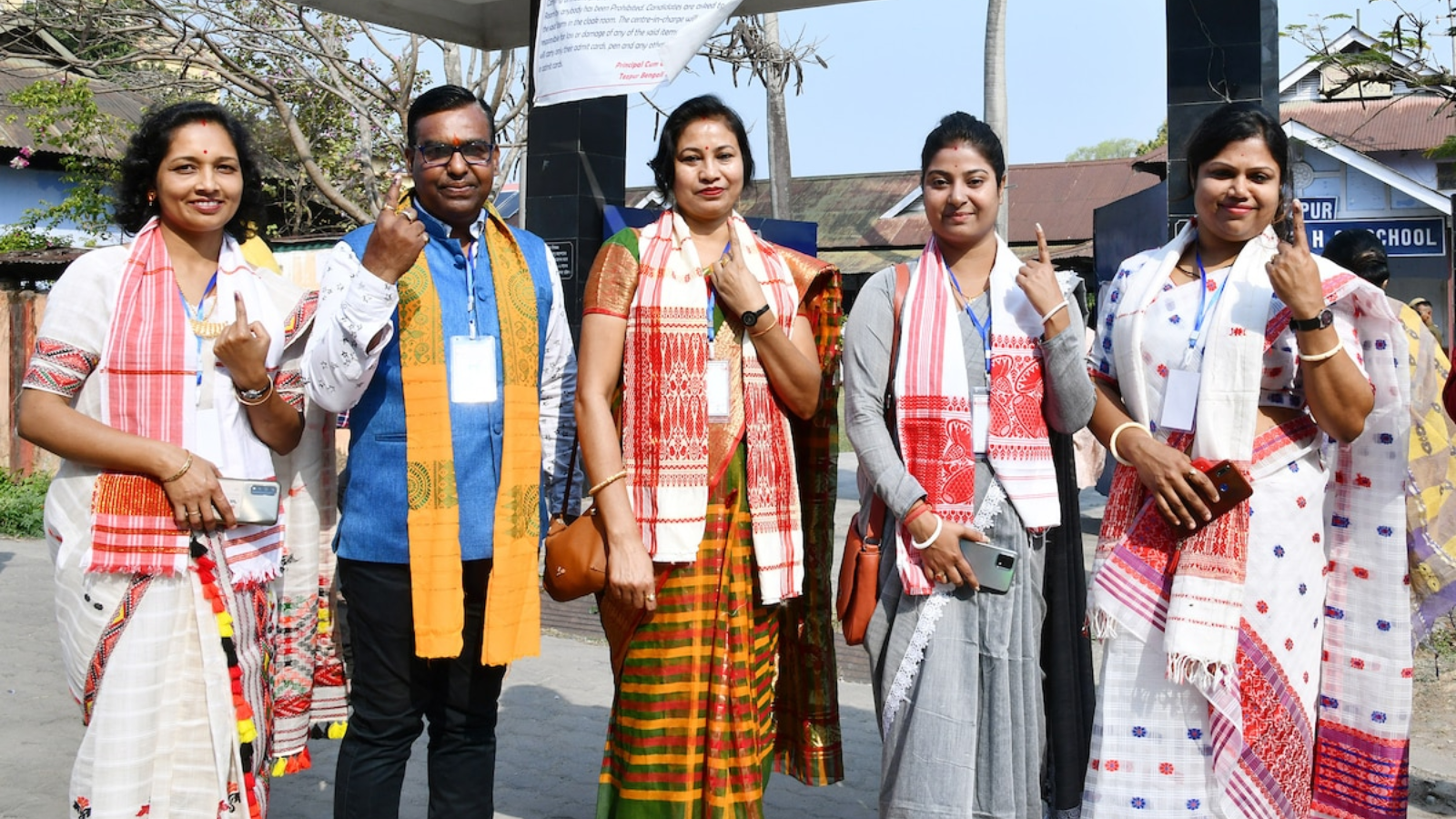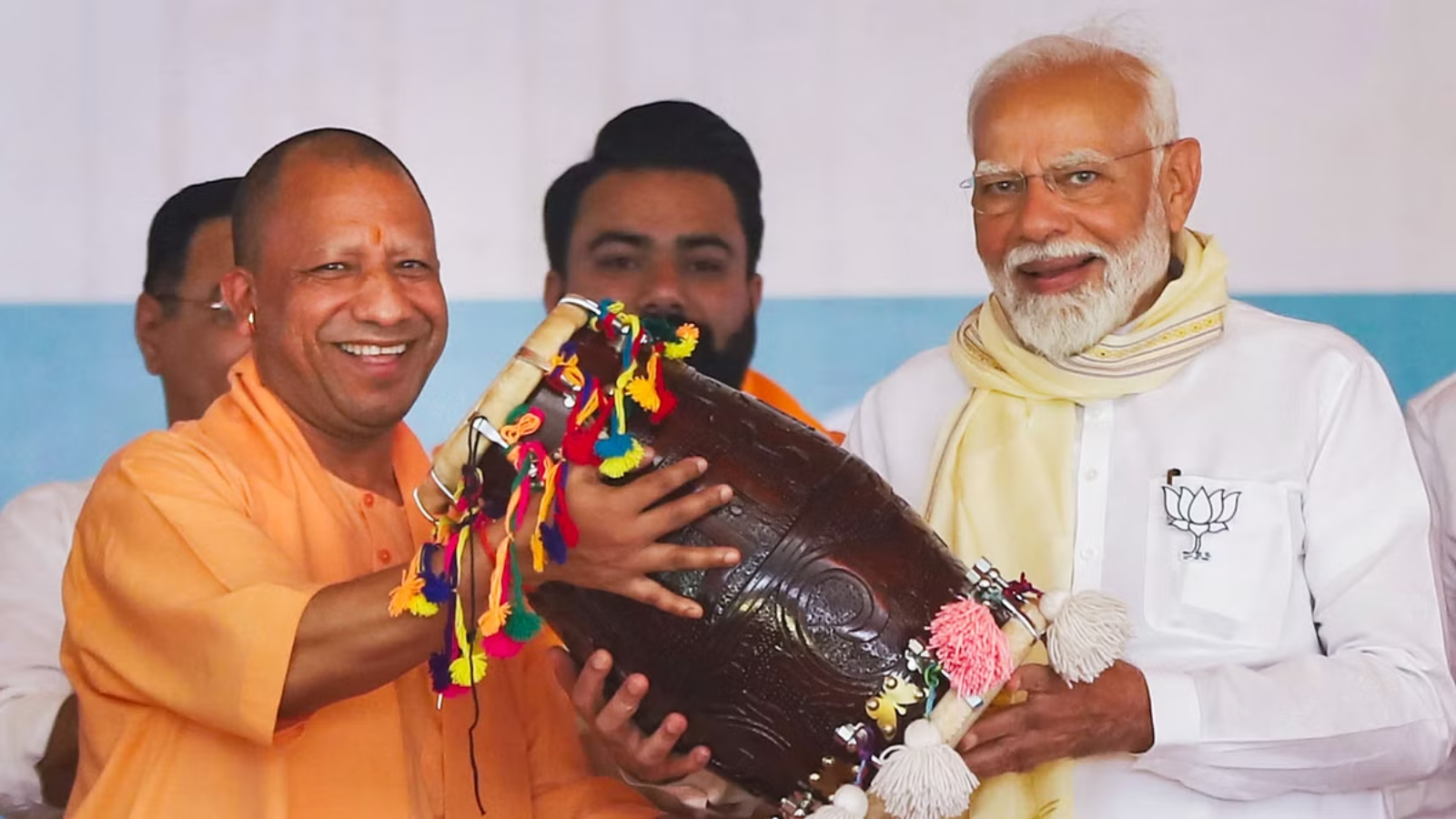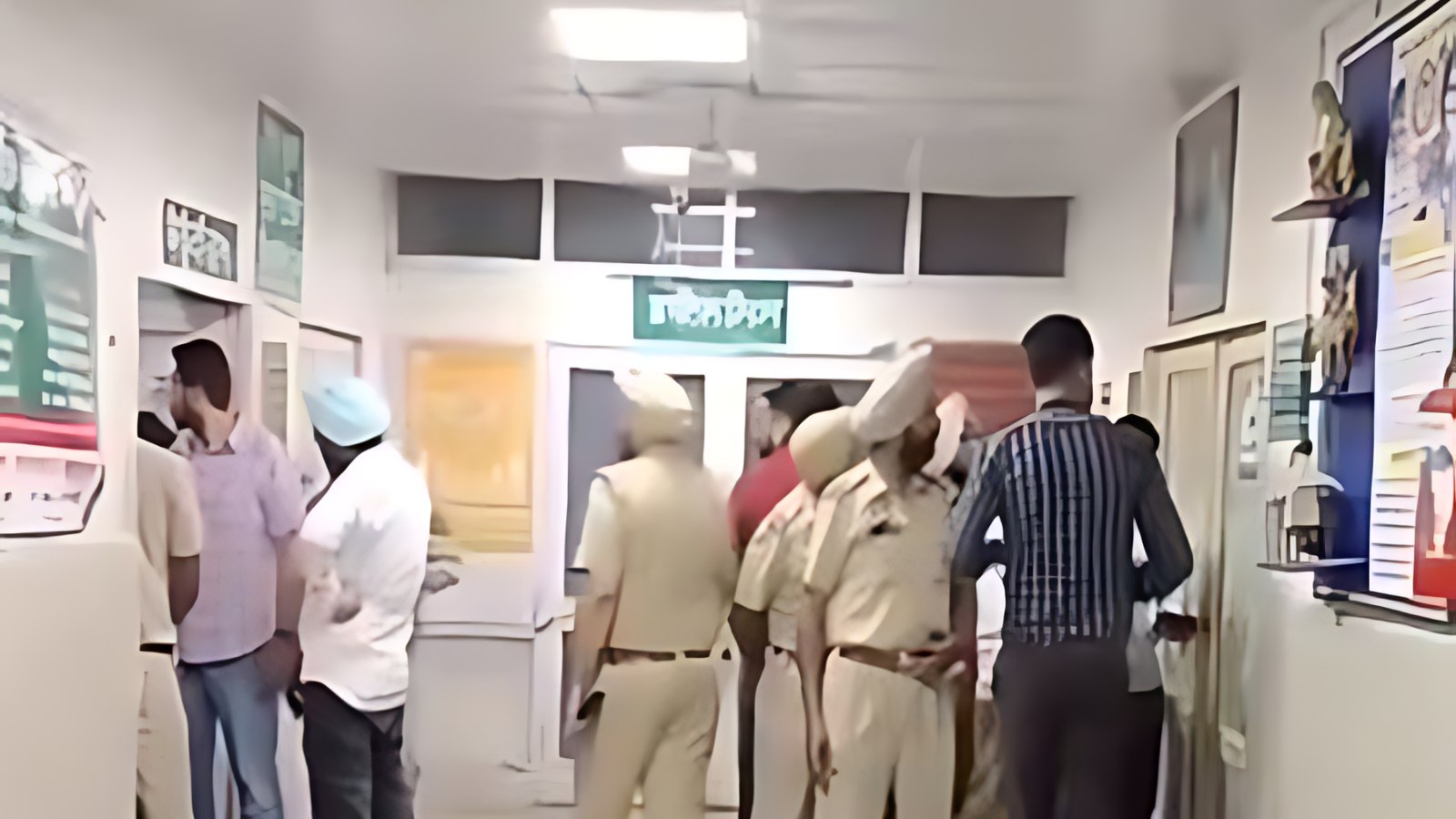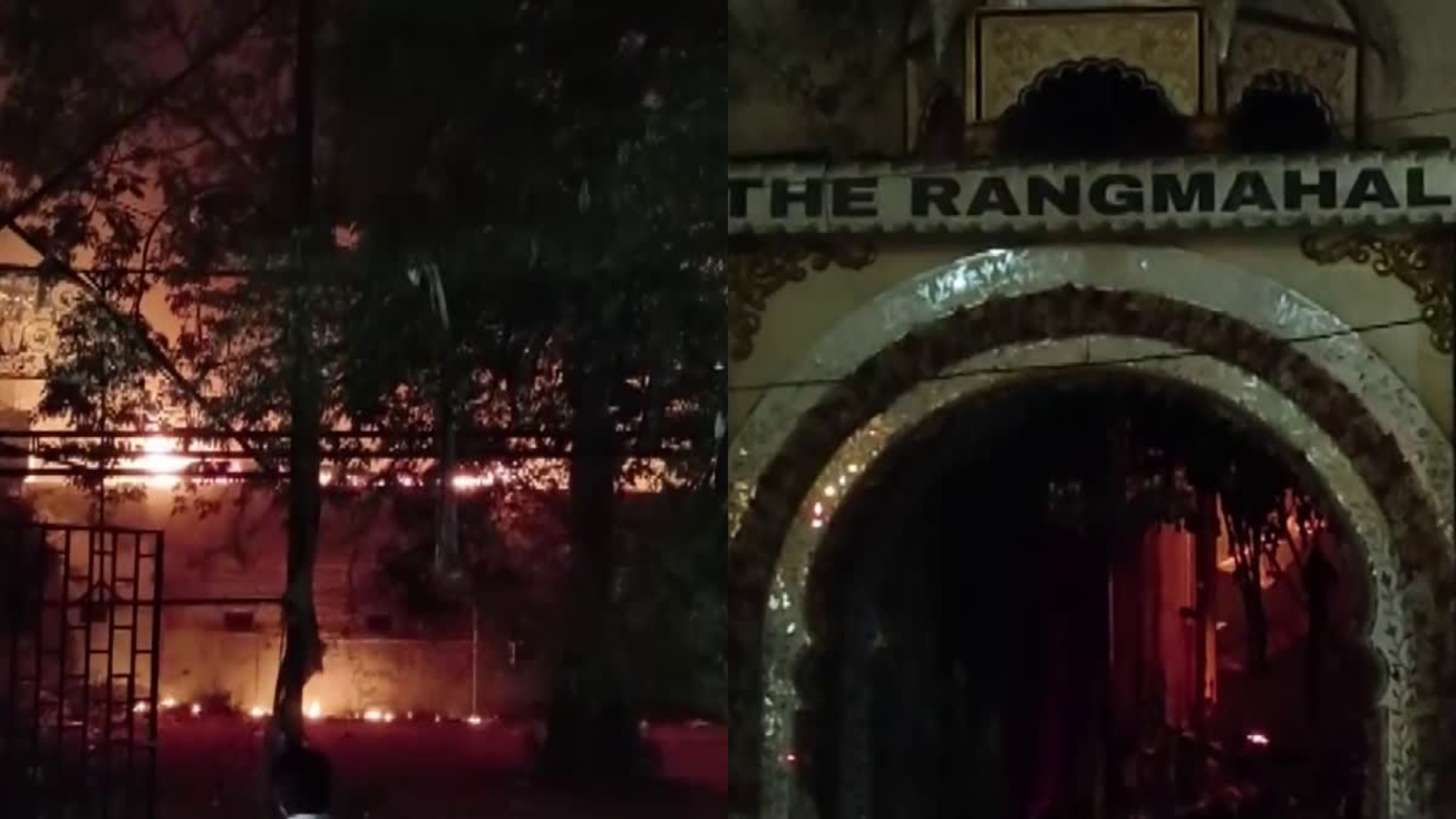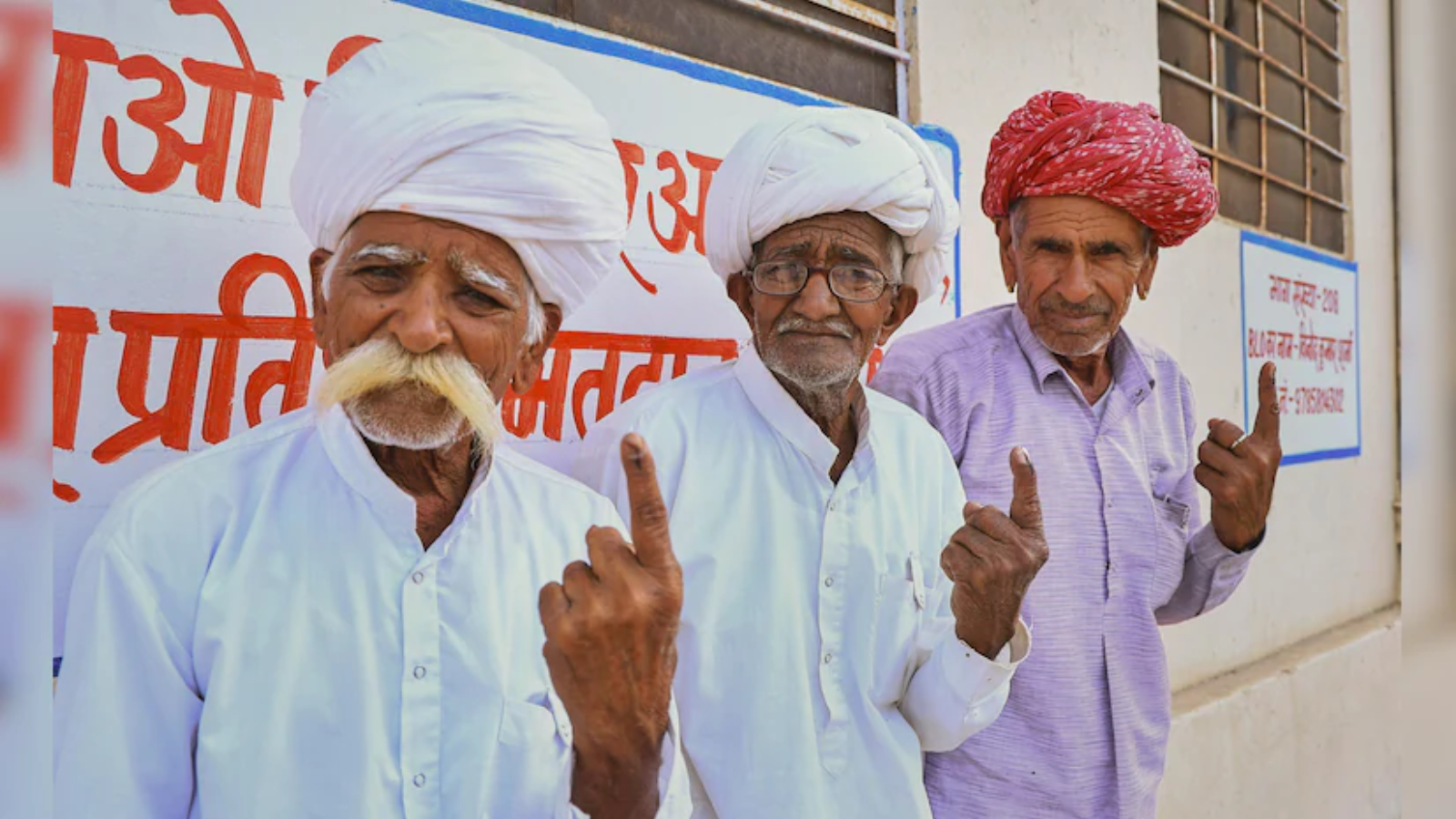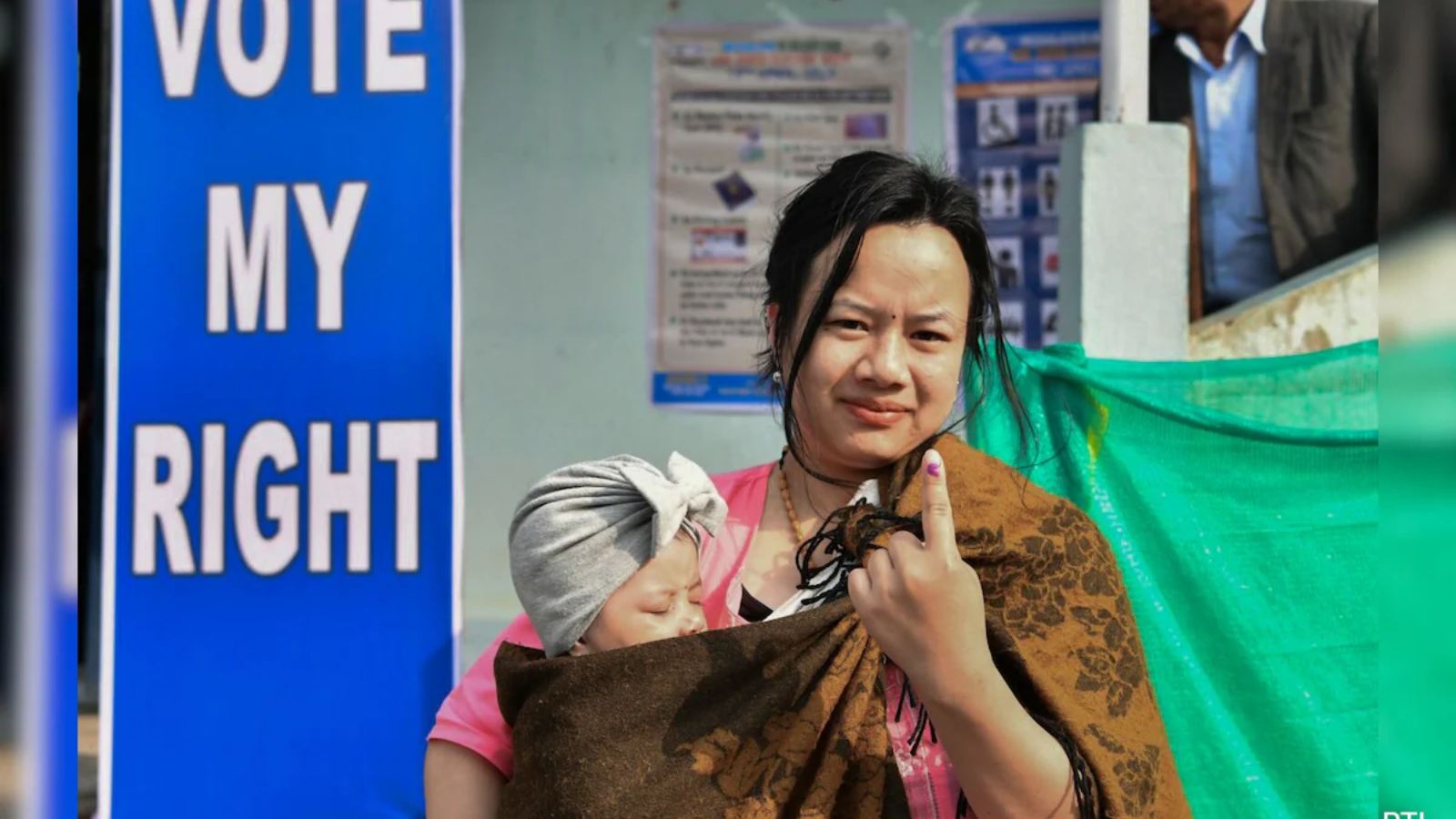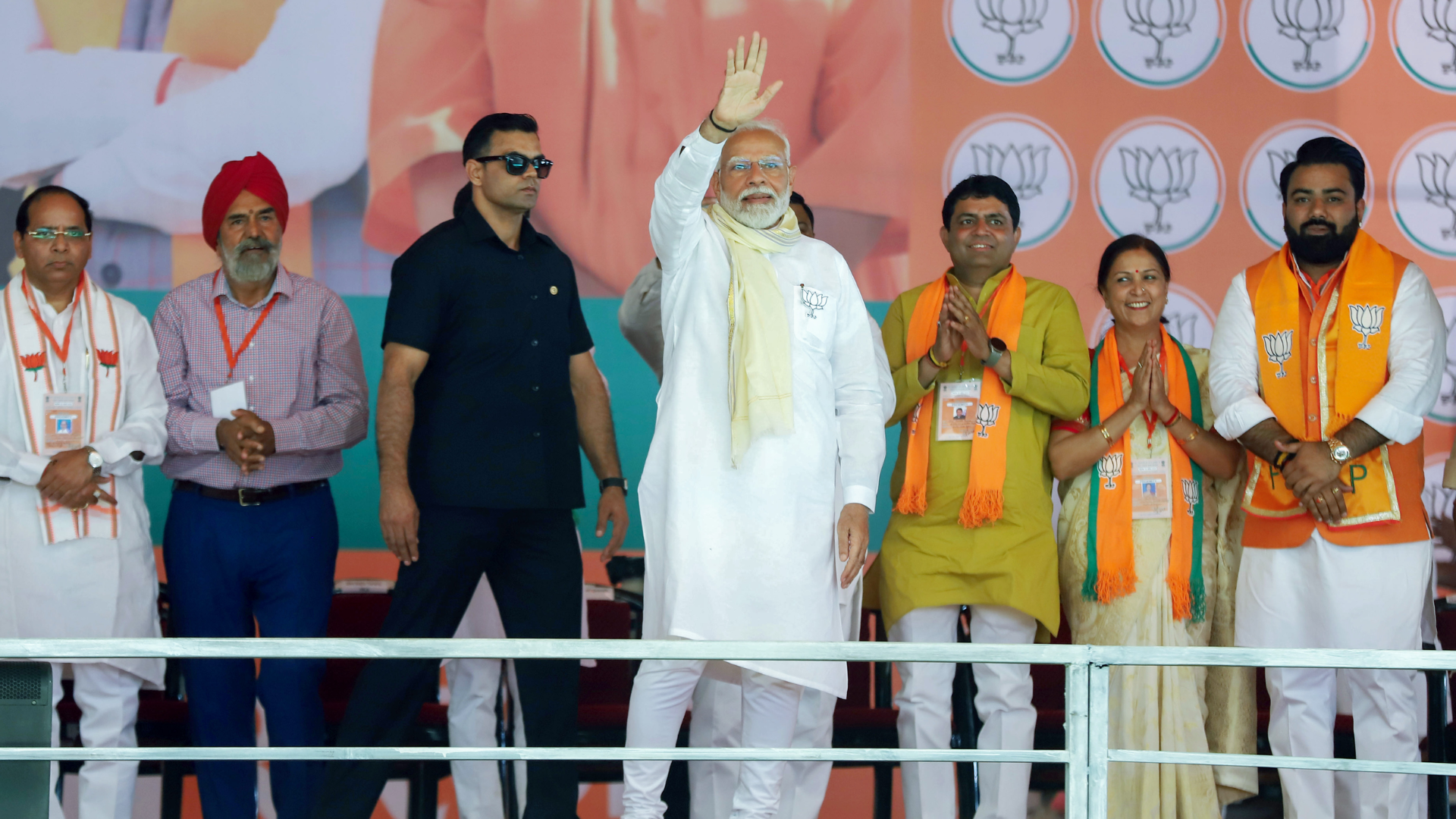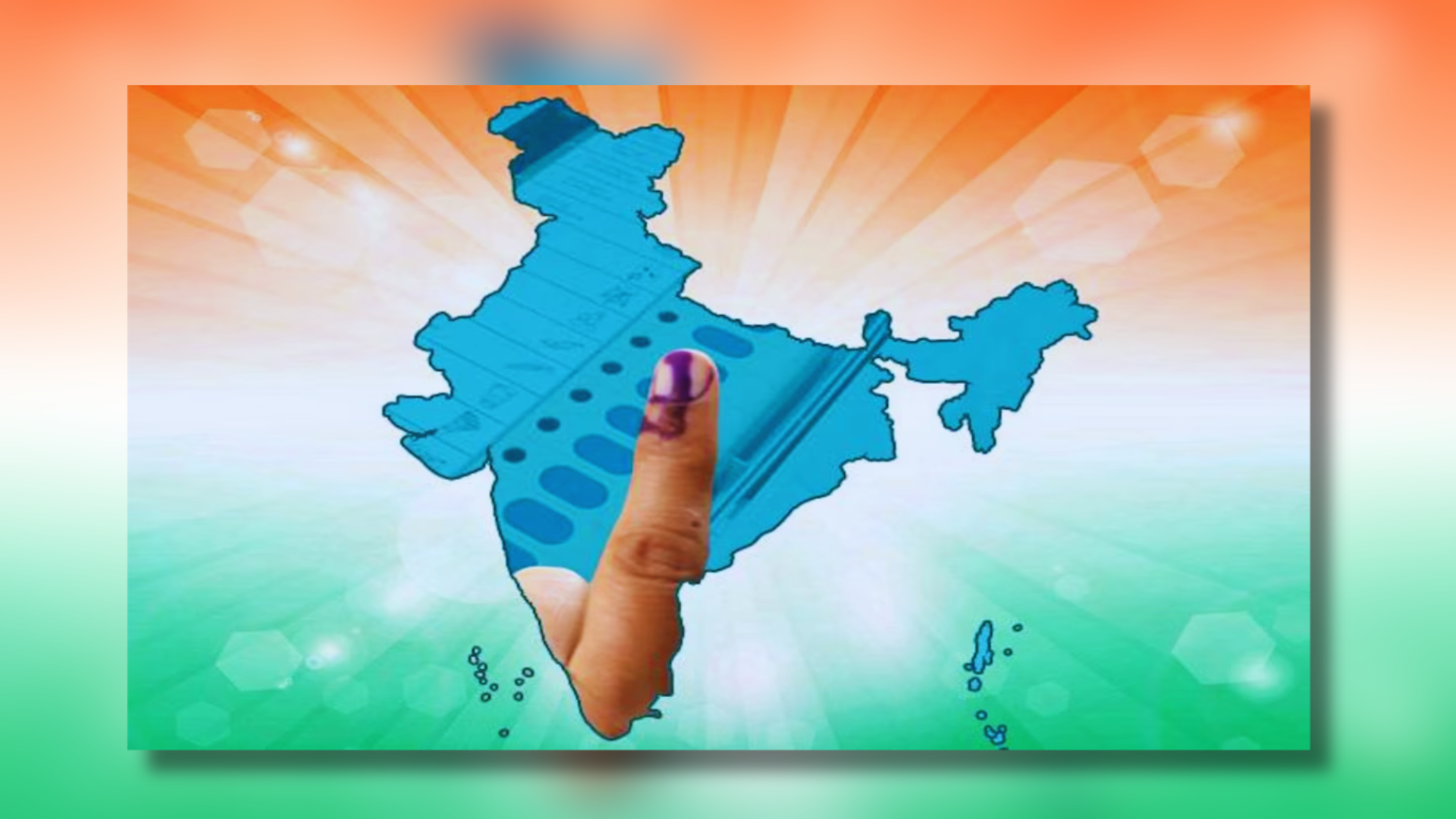


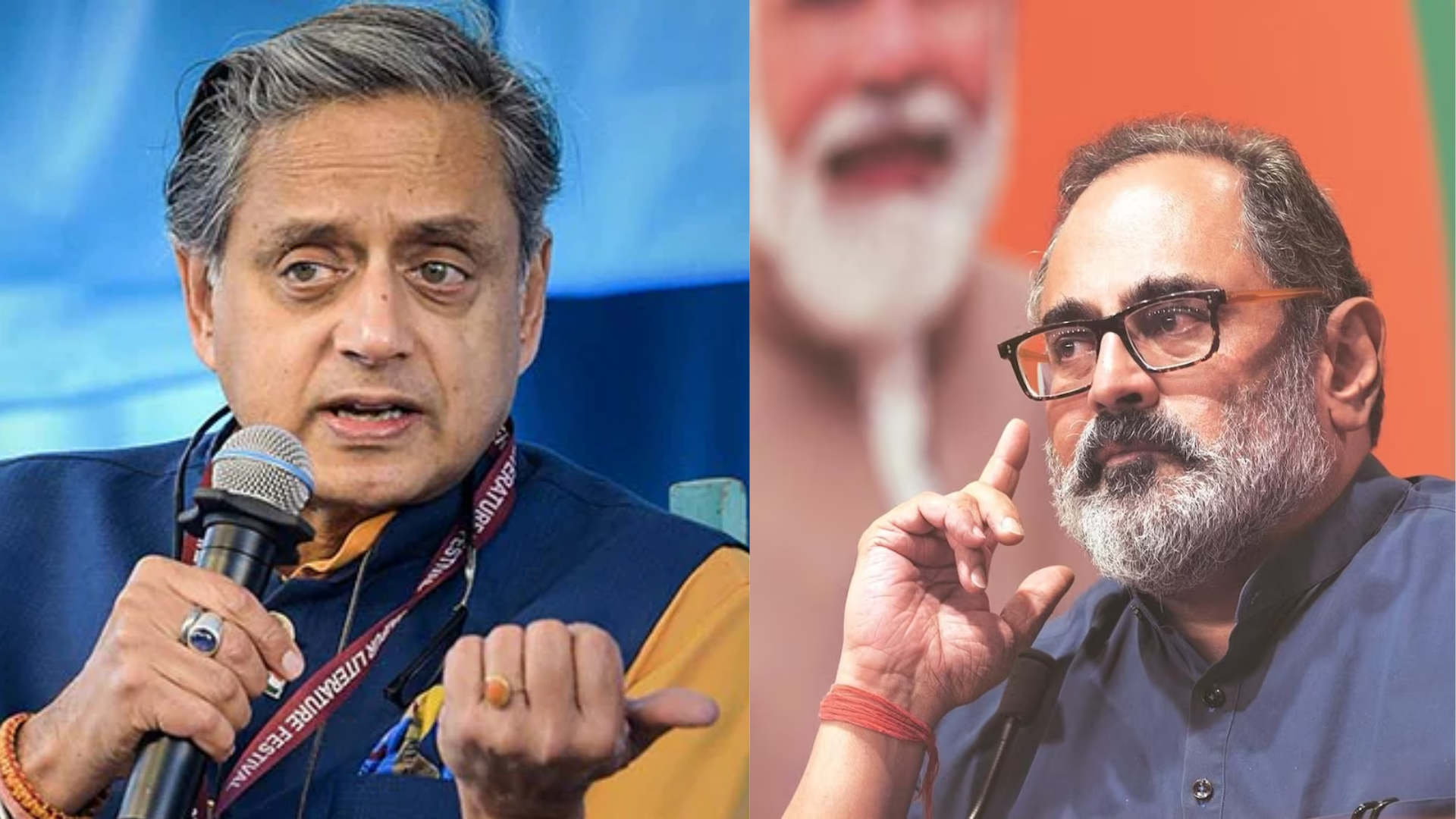
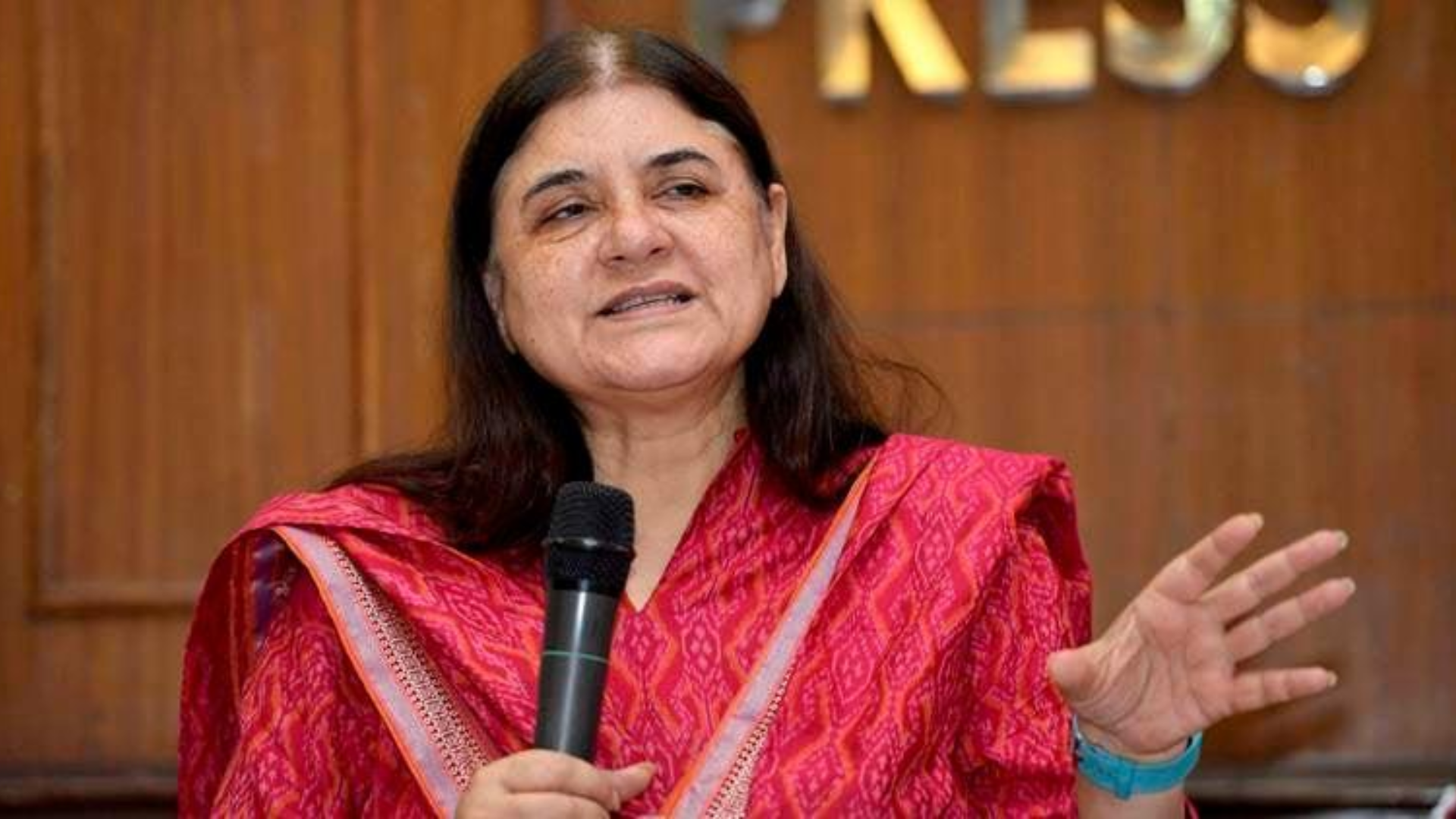
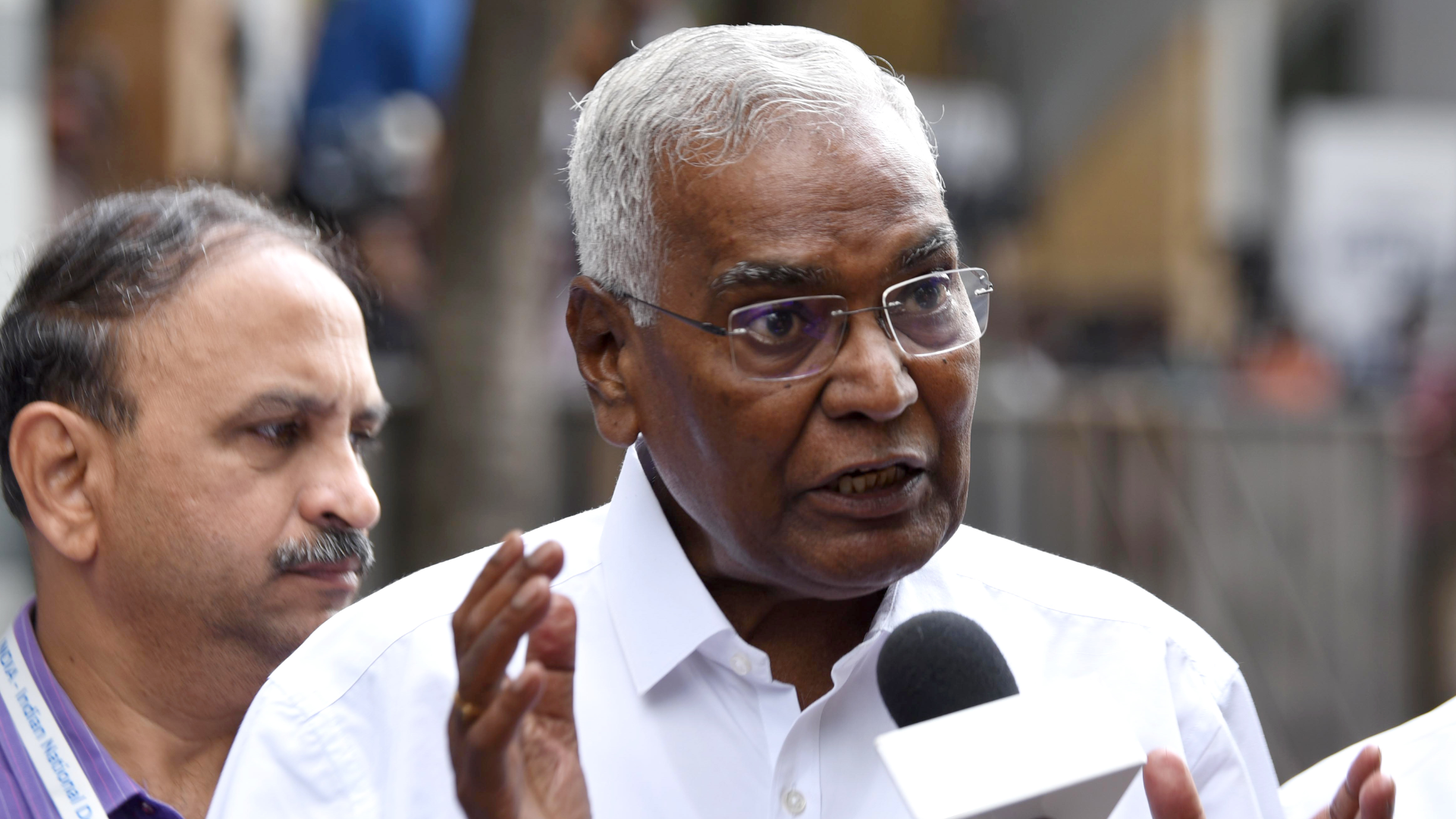
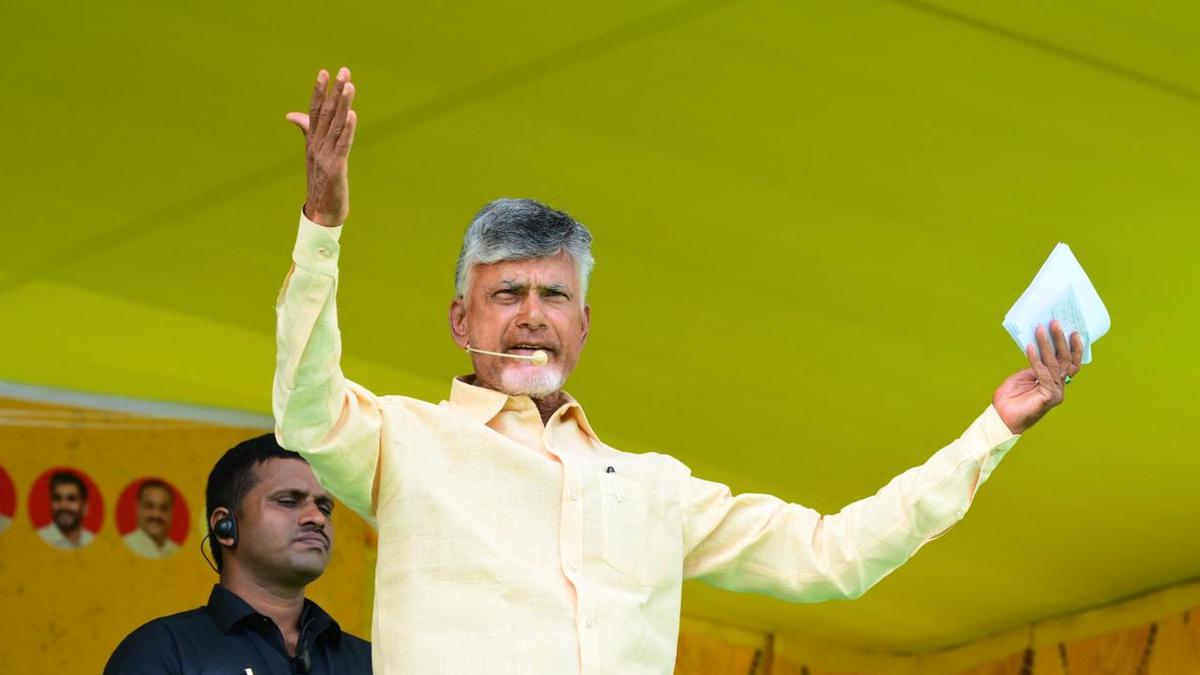
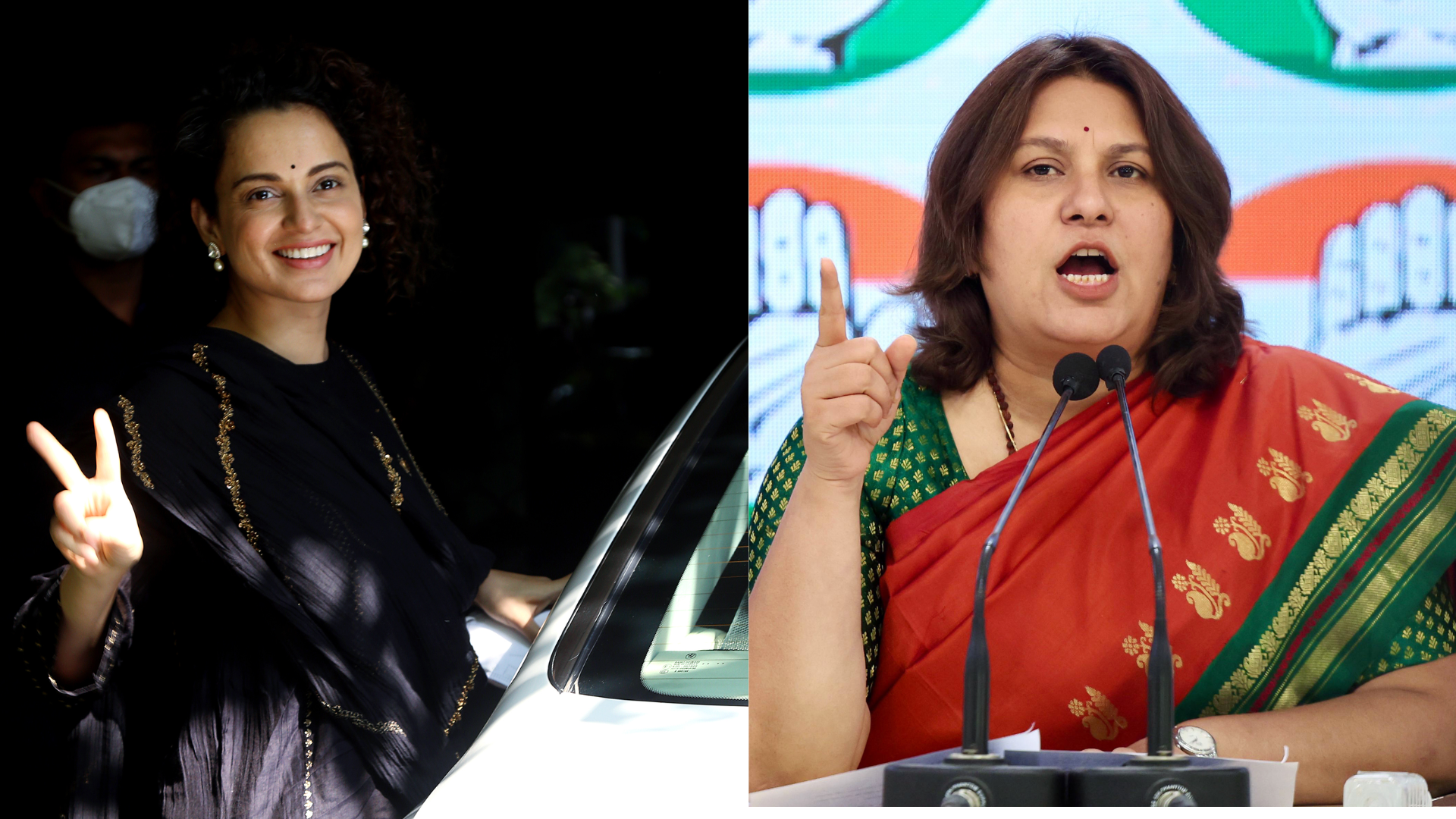
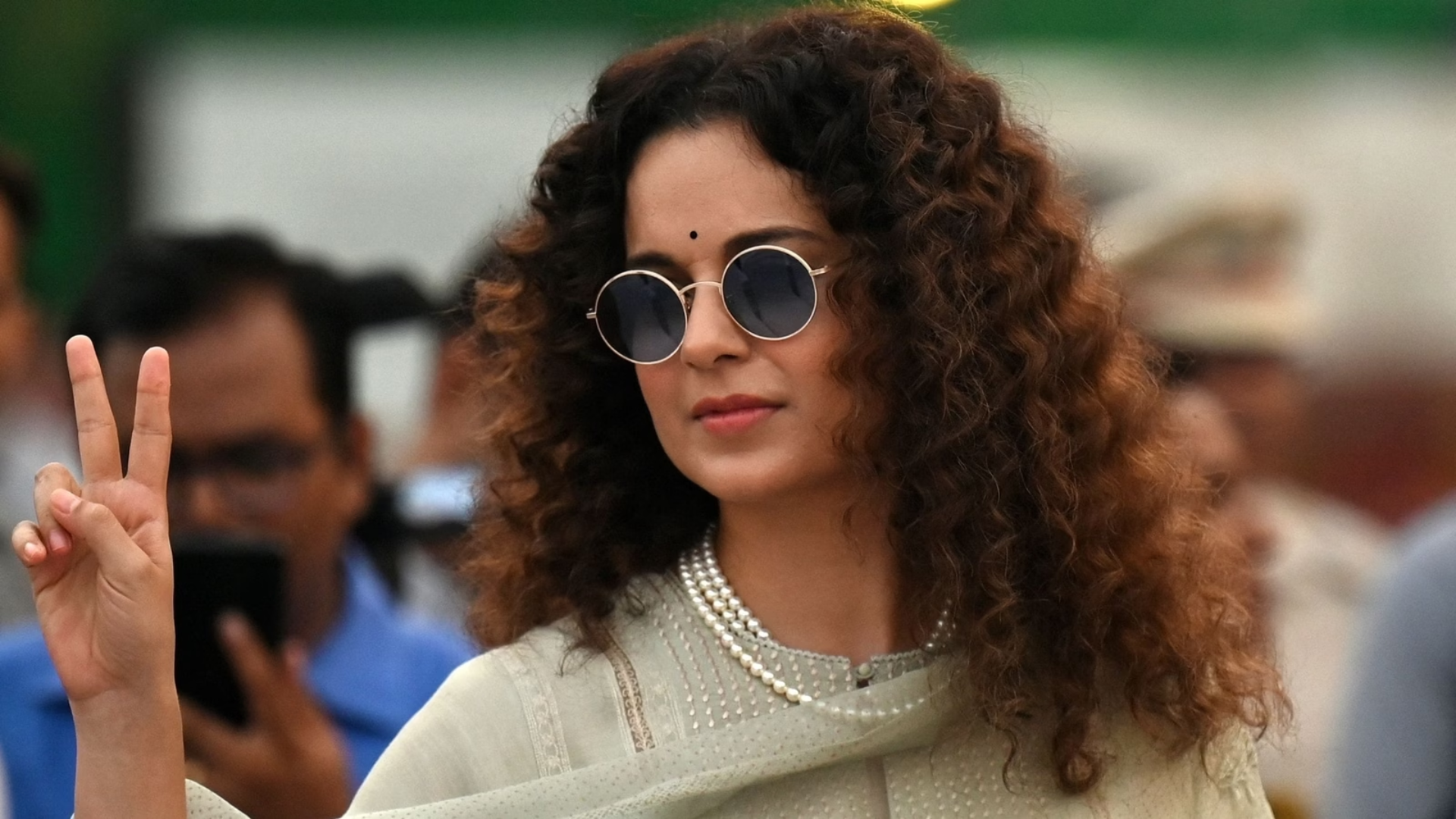
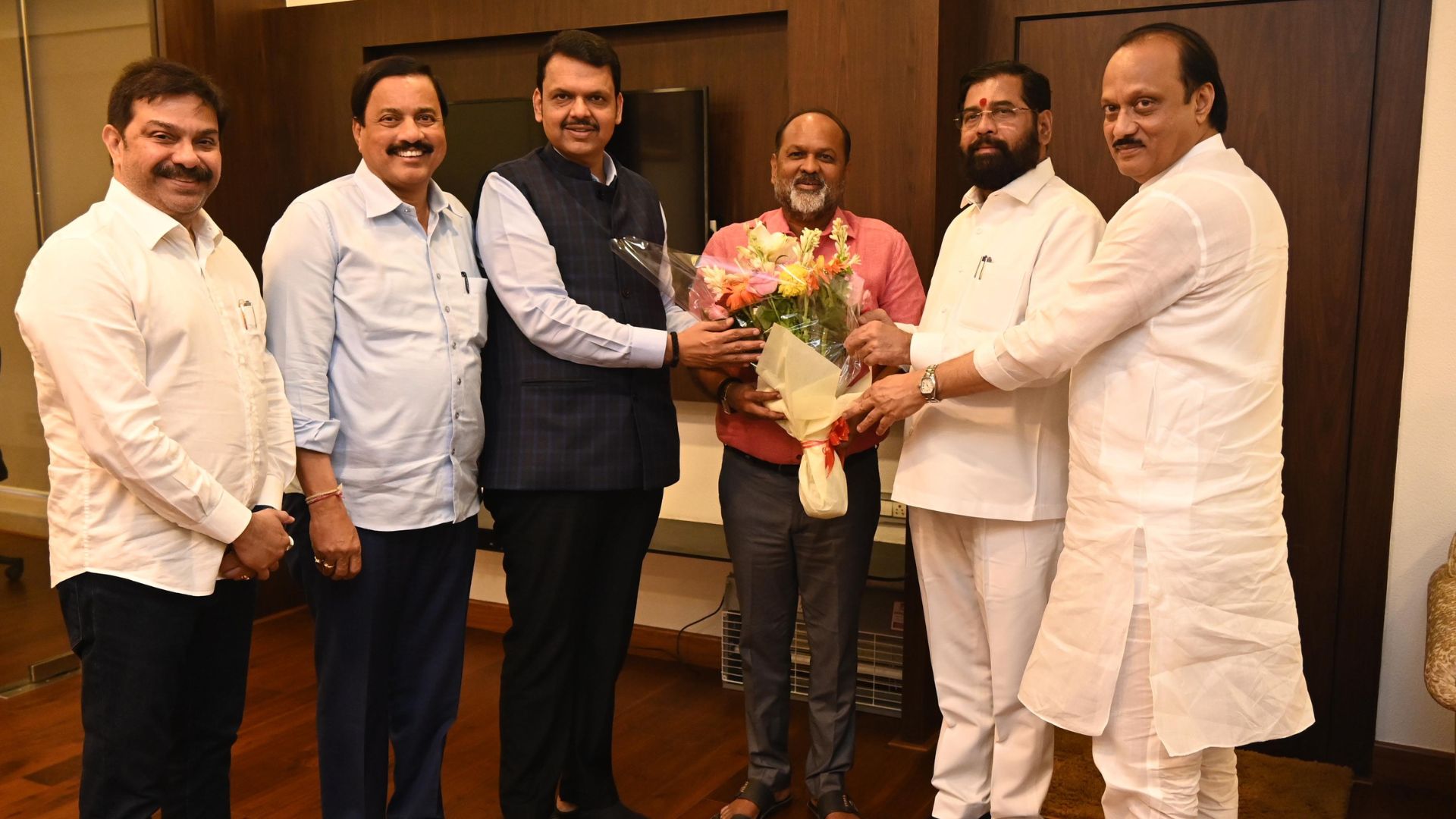
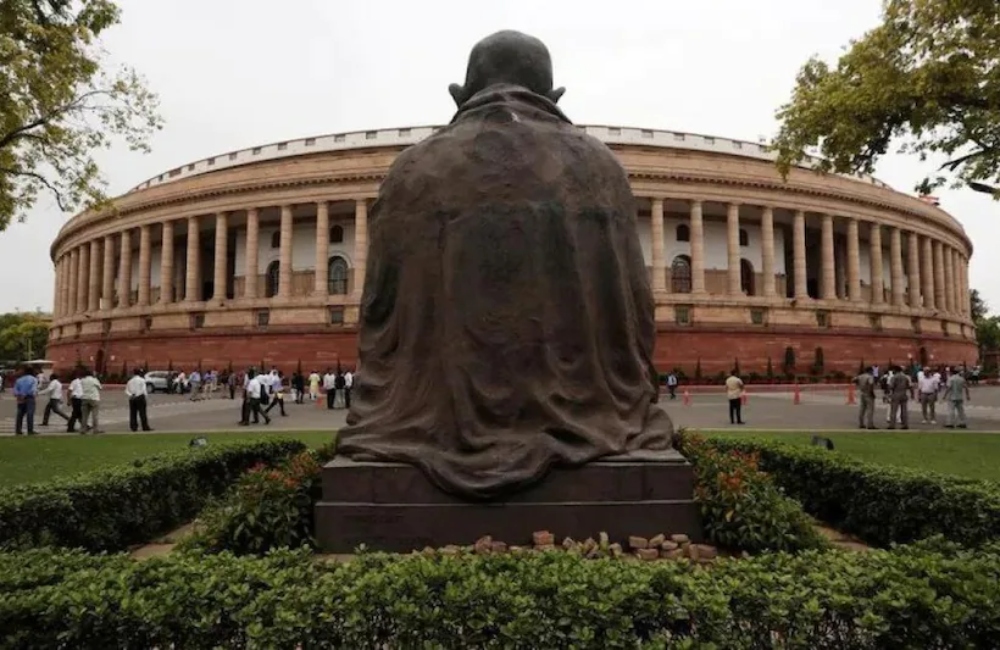
The Winter Session’s third day of proceedings has begun. The day is jam-packed with a busy legislative agenda, according to the updated schedule of activity for Friday. In addition to the Anti-Maritime Piracy Bill of 2019, the Lok Sabha will discuss four bills that aim to alter the Constitution (Scheduled Tribes) Order, 1950. Amit Shah, the Union Minister for the Interior, is set to make a motion to adopt the bill amending the Multi-State Cooperative Societies Act of 2002. Additionally, a number of private members’ bills are scheduled to be introduced in both Houses.
The Wild Life Protection (Amendment) Bill, 2022 was approved by the Rajya Sabha on Thursday, while the Energy Conservation (Amendment) Bill, 2022 was also brought up for discussion and approval. While this was going on, opposition party members staged a walkout of the Lok Sabha, protesting the Speaker for allegedly preventing them from raising problems in the House.
The Constitution (Scheduled Tribes) Order (Second Amendment) Bill, 2022, the Constitution (Scheduled Tribes) Order (Third Amendment) Bill, 2022, the Constitution (Scheduled Tribes) Order (Fourth Amendment) Bill, 2022, and the Constitution (Scheduled Tribes) Order (Fifth Amendment) Bill, 2022 are all scheduled to be introduced by Union Tribal Affairs. Minister Arjun Munda in the Lok Sabha.
The four bills aim to change the list of Scheduled Tribes in Tamil Nadu, Himachal Pradesh, Karnataka, and Chhattisgarh by amending the Constitution (Scheduled Tribes) Order, 1950.
The 2019 Anti-Maritime Piracy Bill is another item that the Lok Sabha will discuss. S. Jaishankar, the minister of external affairs, introduced the bill on December 7. Amit Shah, the union home minister, will introduce the Multi-State Co-operative Societies (Amendment) Bill, 2022, in the meantime. The Multi-State Co-operative Societies Act, of 2002, is being modified by this bill.
The MPs’ debate on the necessity of promoting sports in India and the initiatives taken by the Center in this respect will resume in accordance with Rule 193. During the Budget Session on March 31, the discussion had begun in the Lok Sabha.
Private members’ bills will be heard by the Lower House in the late afternoon. The ideas cover population control, teaching Sanskrit as a required language in schools, and other topics.
Chair refuses to admit notices under Section 267:
The Chair is made aware of two notifications asking for the suspension of business. Harnath Singh, a member of the BJP, issues a Zero Hour Notice in the Rajya Sabha to consider the adoption of the Uniform Civil Code. Notification according to Section 267 is also submitted by KC Venugopal.
Two notifications requesting the suspension of business were denied by the Chair. Sushil Kumar Modi, a BJP MP, brings up the hardship of Kashmiri Pandits at the start of Zero Hour.
Sushil Kumar Modi, a BJP MP, brings up the hardship of Kashmiri Pandits at the start of Zero Hour.
Congress seeks discourse on ‘tension’ between judiciary and Centre:
Manish Tewari, a member of the Congress, has requested an adjournment motion in the Lok Sabha to talk about the “confrontation” between the court and the federal government. The topic was one of the tactics used by Congress to isolate the Center during the Winter Session.
Mild unrest in the House on the issue of farmers’ compensation:
After MP Chaudhary Jayant Singh brought up the subject of the Center paying families for the deaths of farmers in Lakhimpur Kheri, the Rajya Sabha descended into pandemonium with MPs claiming that his remarks did not pertain to a State matter.
Underpaid librarians and public libraries need funding: CPI (M) member
Dr. V Sivadasan, a CPI(M) MP, rises to discuss the state of the nation’s public libraries. The Union government should offer money and essential amenities. He also brings up how poorly compensated librarians are. The member claims that while certain libraries in Kerela are well-run, others are not as well-located around the nation. He also says that public libraries may aid in the eradication of illiteracy.
Rajya Sabha Zero Hour concludes with discussion on cyberattacks, reservations, and drinking water
Dr. Amar Patnaik, a BJD member of parliament from Odisha, brings up the subject of cyber threats and assaults. The recent hack on the AIIMs is brought up by him. He claims that we must concentrate on both data restoration and how fast we can restart regular operations. He suggests that we bring up this problem at the G-20 and seek international cooperation on it.
V Vijayasai Reddy, YSCRCP MP from Andhra Pradesh, advocates for proper reservations in public sectors and educational institutions, among others. There are more than 50% of backward classes, however, currently, there are only about 27%.
He claims that the Supreme Court recently held that reserves of more than 50% do not contradict the Constitution’s fundamental principles and advocates proportional reservations to help the underprivileged classes.
H.D. Devegowda, a JD(S) member of parliament, raises the subject of drinking water when discussing the suffering of Karnataka’s citizens. The opening of Question Hour signals the conclusion of his remarks.

